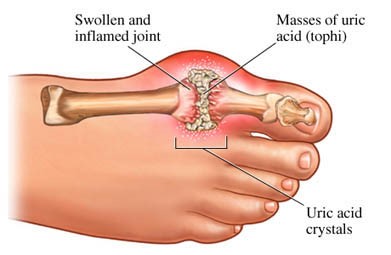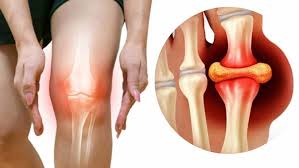"Naturopathic Therapies and Diet for Uric Acid: A Holistic Approach to Gout Management"




Dr. Krupa Patel is the founder of "Cure Health" naturopathy clinic.
She is well experienced Naturopathy Doctor.
She is very kind person to help people to cure health problems / Diseases.
Our motivational strategies primarily involve helping patients. Our quotes on perseverance and success to keep people motivated.
Have a question? WhatsApp / Call now




Leave a Reply